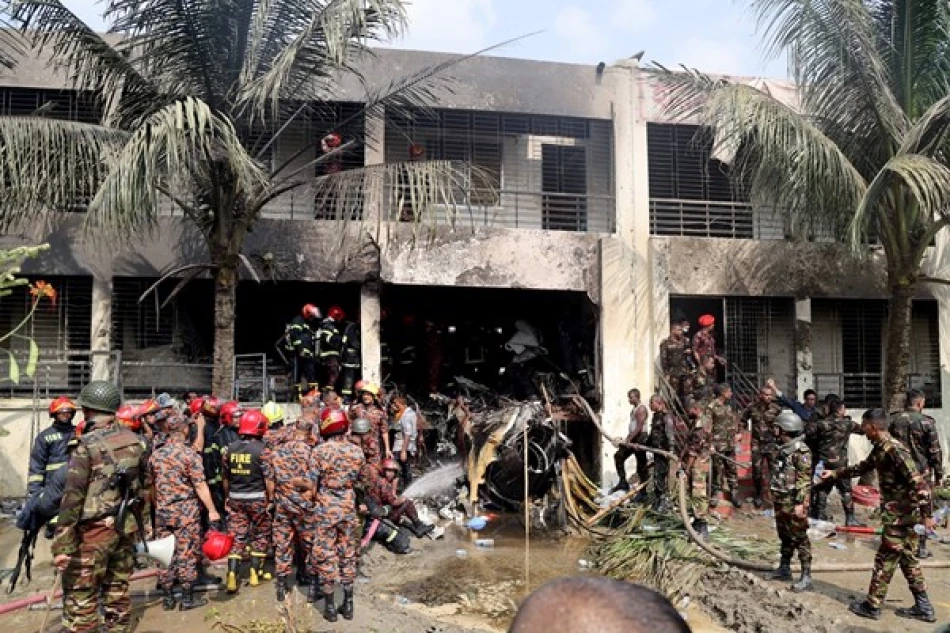
Tragic Crash: Bangladeshi Air Force Plane Disaster Claims Lives
Bangladesh Military Training Aircraft Crashes Into University Campus, Killing 16
A Bangladesh Air Force training aircraft crashed into a university campus in the capital Dhaka on Monday, killing at least 16 people according to interim Prime Minister Muhammad Yunus's press office. The incident marks one of the deadliest aviation accidents in recent Bangladeshi history and raises fresh questions about military aviation safety protocols in the densely populated capital.
Tragedy Strikes Academic Hub
The crash occurred when the military training aircraft went down on university grounds in Dhaka, transforming what should have been a routine training flight into a catastrophic event. The proximity of the crash site to educational facilities underscores the risks posed by military flight operations over heavily populated urban areas.
Interim Prime Minister Muhammad Yunus's office confirmed the death toll through an official press statement, though the exact circumstances leading to the aircraft's failure remain under investigation.
Safety Concerns in Dense Urban Environment
This incident highlights the inherent dangers of conducting military training flights over Bangladesh's capital, home to over 9 million people. Dhaka's rapid urban expansion has increasingly encroached on areas previously considered safe for aviation operations, creating potential conflict zones between military training needs and civilian safety.
Similar incidents in other developing nations have prompted reviews of flight path regulations and training protocols. Pakistan faced comparable scrutiny after military aircraft accidents in populated areas, leading to revised safety standards and flight corridor adjustments.
Political Implications for Interim Government
The tragedy presents an early crisis management test for interim Prime Minister Yunus, who assumed power following significant political upheaval in Bangladesh. How his administration handles the investigation and implements any resulting safety reforms will likely influence public confidence in the transitional government's competence.
The incident also draws attention to Bangladesh's military aviation infrastructure and training standards at a time when the country's political stability remains fragile. Public scrutiny of military operations and safety protocols could intensify calls for comprehensive defense sector reforms.
Regional Aviation Safety Context
Bangladesh's aviation sector has faced previous safety challenges, with both civilian and military aircraft experiencing incidents that have raised international concerns. The country's geographic constraints—high population density combined with limited safe training airspace—mirror challenges faced by other South Asian nations.
This crash may prompt regional aviation authorities to reassess training flight protocols, particularly regarding routes over educational institutions and residential areas. The incident could accelerate discussions about relocating military training operations to less populated regions, despite the logistical and financial implications such moves would entail.
Most Viewed News

 Layla Al Mansoori
Layla Al Mansoori






